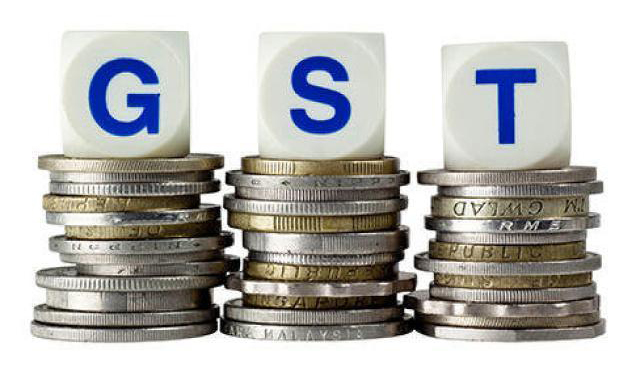GST Council might clear supplementary legislations tomorrow
Business Standard
By Press Trust of India
March 15, 2017. 19:23 IST
It may also be given an update on technology preparedness and migration of assessees to new regime

The GST Council is likely to endorse on Wednesday supplementary legislations needed for implementation of the goods and service tax (GST) regime.
The Council, headed by Finance Minister Arun Jaitley and comprising representatives of all states, may also take up capping the cess to be levied on demerit goods like luxury cars and tobacco products for creation of a corpus that will be used for compensating states for any loss of revenue from GST implementation in the first five years.
The panel, which had at its last meeting approved the final draft of central GST (C-GST) and integrated GST (I-GST) laws, will from Thursday take up for approval the state GST and Union Territory GST (UT-GST) laws, official sources said.
Once approved, the supporting legislations together with a GST Compensation Law, will go to the Cabinet for a formal nod before they are presented in Parliament in the ongoing Budget session that ends on April 12.
The government is hoping the C-GST, the I-GST, the UT-GST and the GST Compensation laws will be approved in the current session of Parliament and the S-GST by each of the state legislatures soon to help roll out the new indirect tax regime from July 1.
The Council may also be given an update on technology preparedness and migration of assessees to the new regime.
Migration of all the 85 lakh central and state taxpayers is planned to be completed by March 31.
So far, over 51 lakh have migrated to the new system.
Sources said the Council has already finalised a four- tier tax structure of 5, 12, 18 and 28 per cent, but the model GST law has kept the peak rate at 40 per cent (20 per cent to be levied by the Centre and an equal amount by states) to obviate the need for approaching Parliament for any change in rates in future.
On similar lines, the Council is also likely to decide on a cap rate for cess to be levied at the peak rate of tax to create the compensation corpus.
Sources said any law approved by Parliament cannot have open-ended tax rates and therefore a cap or peak rate will have to be mentioned.
For the levy of GST, the peak rate has been put at 40 per cent and a similar cap will also have to be approved for the cess.
While the C-GST will give powers to the Centre to levy GST on goods and services after Union levies like excise and service tax are subsumed, the I-GST is to be levied on inter-state supplies.
The S-GST, which will allow states to levy the tax after VAT and other state levies are subsumed in the GST, will have to be passed by each state Assembly. The UT-GST will also go to Parliament for approval.
Sources said the model GST Law will have a clause to enable levy of up to 40 per cent tax, but the effective tax rates will be kept at the previously approved levels.
This will also help in a scenario where the cess on demerit goods being proposed to compensate states for loss of revenue from GST is to be merged with the tax rate itself.